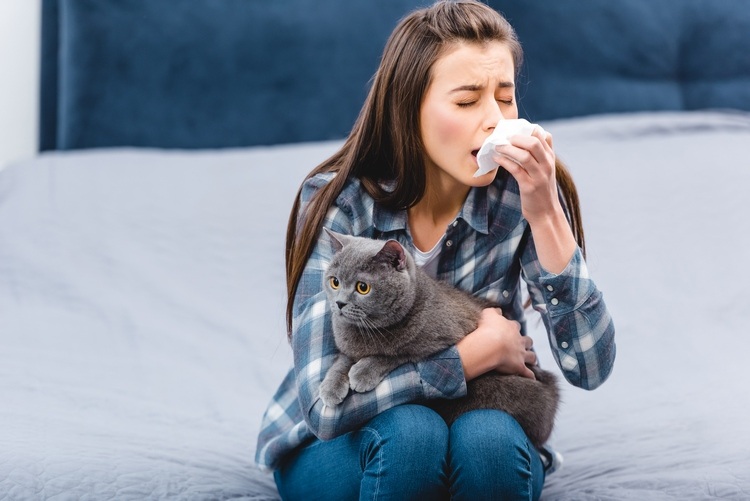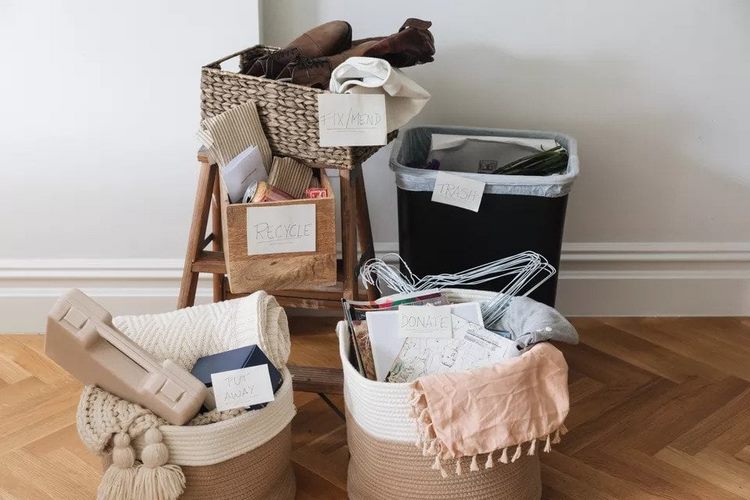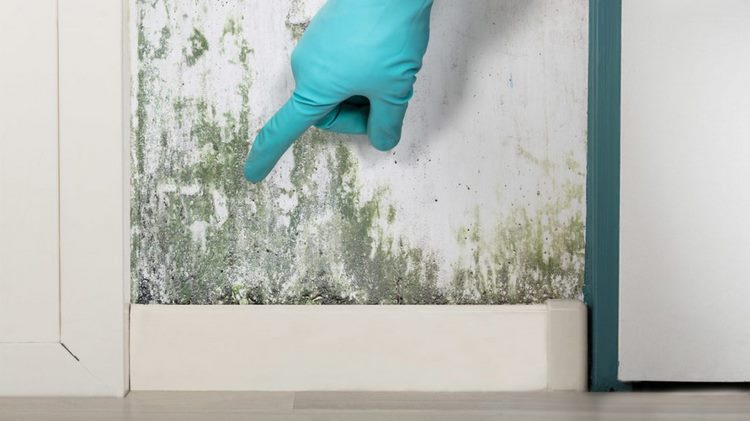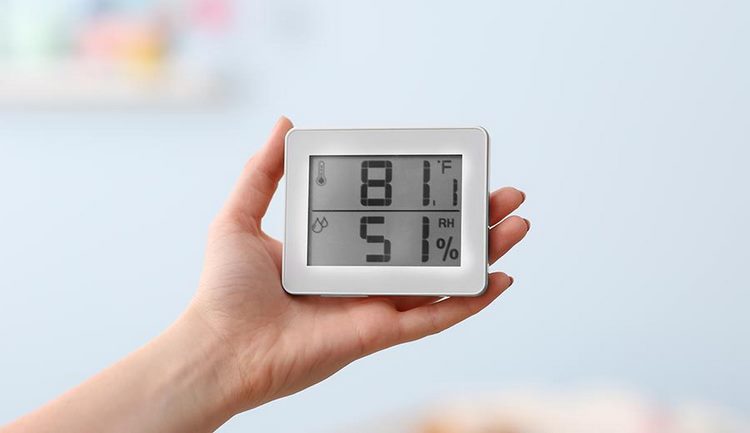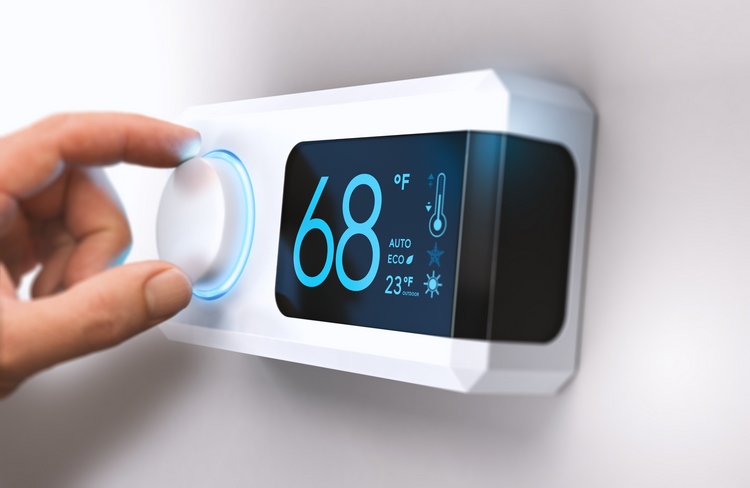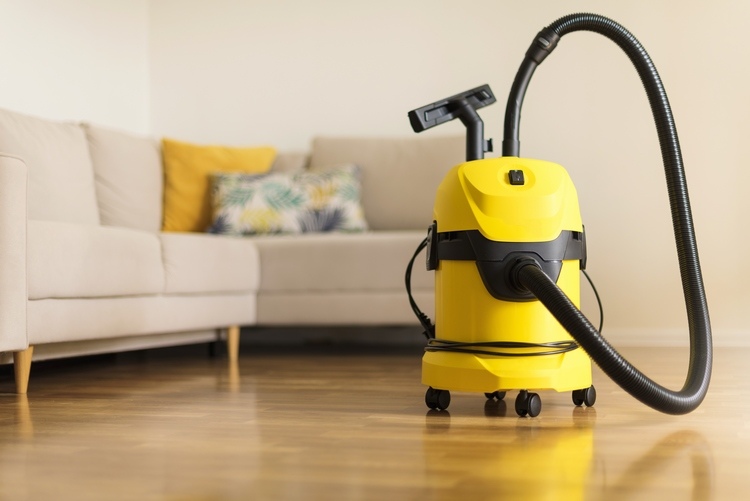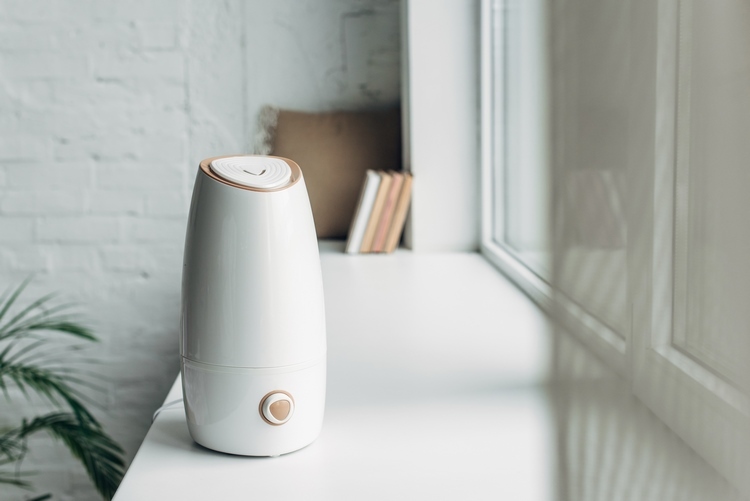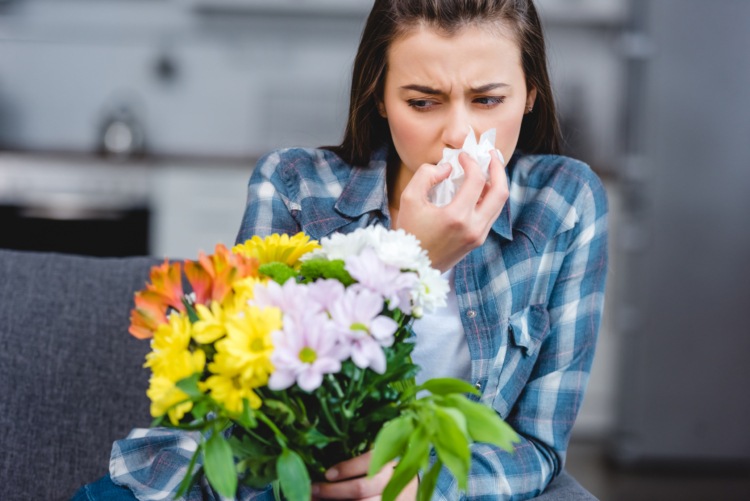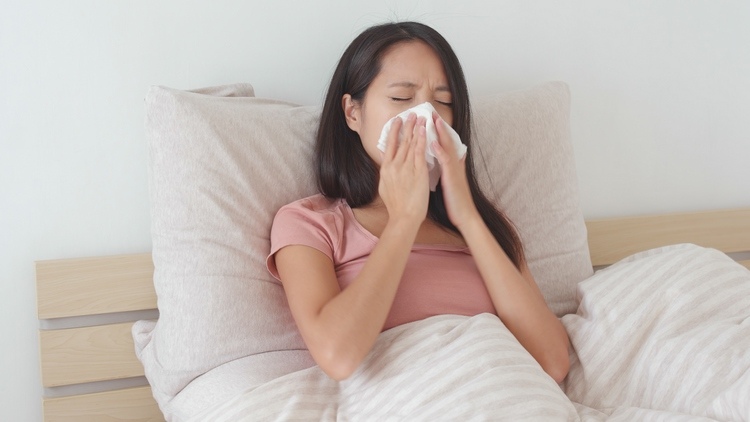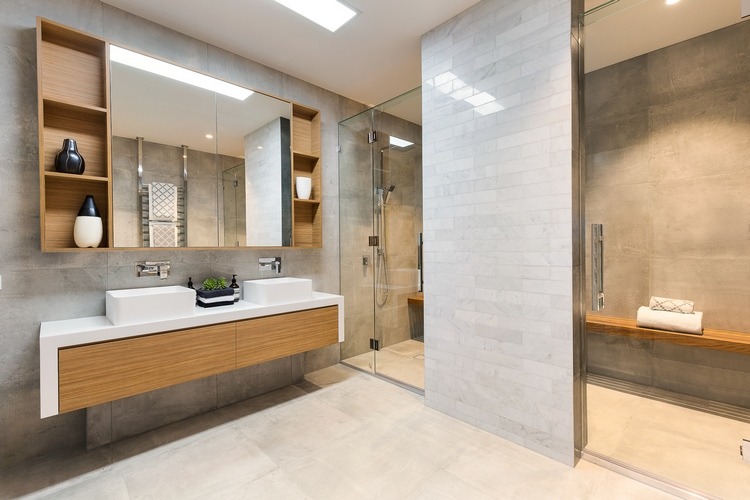Every day we are facing many allergens – at work, on the street, in stores, and sometimes even in our own home we cannot avoid meeting them. In the event that you are prone to allergies, make sure that there are as few pathogens in your home as possible that can provoke a reaction. Is there a way to reduce allergens in the home?
Unfortunately, there is no cure for allergies. However, you can manage or reduce allergies indoors with preventative measures. In the case of indoor allergies, the first step is to understand what may be causing it, and then take the necessary steps to minimize or eliminate these causes. It is easier to take a step-by-step approach in each room to identify and control where the potential allergens are coming from.
What Are Household Allergens And Where They Accumulate?
Household allergens include dust mites, mold, and pet dander, pollen and other types of non-household allergens that enter the house from the outside environment and accumulate on surfaces and floors. Most allergens can be found in homes all year round, and in many people they provoke a runny nose, sore throat and itching. For example:
Pollen enters the home through open doors or windows, on clothing, hair and hair of pets and settles on surfaces. The typical allergy symptoms are runny nose and itching in the nose, sneezing attacks, red and swollen eyelids, fatigue, etc.
Mold releases microscopic spores into the air. If inhaled, these spores can cause allergy symptoms. Mold usually grows in warm, humid corners of the home, such as window sills, showers, and under-sink cabinets. In addition to itching in the nose, sneezing attacks, nasal congestion, symptoms include coughing and difficult breathing.
Dust mites are found throughout the home – usually in bedding, carpets, and upholstered furniture. If you have itching in the mouth and nose, insomnia, constant fatigue, runny nose itching and redness of the eyes, this is a sign of an allergic reaction.
Pets can also cause allergies. Allergies to pets can lead to bronchial asthma, which includes difficulty breathing, wheezing in the chest, insomnia, night cough and choking. The most common symptoms include sneezing, coughing, itching in the nose, runny nose, redness of the eyes, swelling of the face, allergic dermatitis.
Household chemicals and cosmetics like detergents, washing powders, adhesives and solvents, hair dyes can also cause allergies. Symptoms like skin rash, itching, redness, cracks, flaking, cough are a sign of a reaction.
Household paints and varnishes, including latex, can also cause an allergic reaction if the chemicals they contain are inhaled. Symptoms are nausea, cough, watery eyes, pain in the eyes; redness of the skin, itching, rash; runny nose, irritation of the mucous membranes.
Many types of indoor plants can also cause allergies. The reaction can be caused by essential oils, spores and fragrances produced by plants and symptoms include skin rash and itching, runny nose, dry cough, increased salivation, etc.
How to Reduce Allergens in Your Home – Step By Step Guide
We listed some of the most popular household allergens and the symptoms of allergic reactions which should ring a bell that you have a problem and you need to take urgent measures. Your main task is to prevent the buildup of allergens in your home and we shall tell you how to do it.
Find out what exactly you are allergic to
Make an appointment with your doctor and discuss your symptoms. There are tests which will help identify what causes your allergy.
Close the Windows
Closing the windows will prevent dust and pollens enter your home. With windows open, pollen can settle on floors or tables, and dust can find its way into your home more easily.
De-Clutter Your Home
Look around your home and remove any items that accumulate dust, hence allergens. The list includes table decorations, magazines, and books, toys, stuffed animals, etc. To reduce the allergens in the home, dust regularly and use a damp cloth to collect dust particles. This will keep the mite population to minimum and prevent allergic reactions.
Prevent Mold Growth
In modern houses and apartments, equipped with a good ventilation system, mold rarely appears. However, it can still sometimes be found in the bathroom or kitchen, where high humidity encourages the growth of molds. Their spores are one of the strongest allergens. The problem is not difficult to solve. Ventilate the area regularly to prevent high humidity. Make sure that linen and clothes are completely dry before storing them in the closet. Wash your bathtub, washbasin, and kitchen sink as often as possible. Do not allow water to stagnate in these places.
Reduce Humidity Level
Dust mites and mold thrive in humid environments. Reducing humidity levels in your home limits the spread of allergens. To do this, you can turn on the air conditioner and close the windows.
Control Indoor Temperature
Set the thermostat to 22 degrees Celsius/ 71 Fahrenheit or lower. Mites and mold thrive in warm and humid environment. Maintaining a temperature between 20-22° C/68-70° F and the relative humidity below 50% will reduce the number of common allergens.
Use a Vacuum Cleaner with a HEPA Filter
To reduce the amount of allergens in the air, use a vacuum cleaner with a HEPA filter for cleaning. Thoroughly vacuum the home and pay close attention to any areas where dust and allergens can accumulate. Take care of every corner that you usually don’t think about – behind the sofa, under the sofa, sofa cushions, etc. Turn on the air conditioner to reduce humidity and prevent external allergens from entering the house. Also, to remove allergens from the air, you should consider purchasing an air purifier.
Use a Good Air Purification System
A high quality air purification system that uses a HEPA filter is the best option. Make sure that you clean ventilation openings regularly, including the central air conditioning (AC) filter
Replace the Old Carpet
Replace your carpet, remove your curtains and get rid of excess textiles which are the natural habitat of allergens.
Buy Air-Purifying Houseplants
Some houseplants cause allergic reactions while others help cleanse indoor air and control humidity levels. For example, Dracaena absorbs and retains allergens, snake plant (or mother-in-law’s tongue) and Barberton daisy filter the air of formaldehyde, benzene and trichloroethylene. Other air-purifying houseplants are Aloe Vera, Spider plant, Lady Palm, Pothos, Bamboo Palm, Peace Lily, etc.
As you can see, some simple lifestyle changes can help you reduce allergens in the home. Here are some simple things to consider:
- Avoid horizontal blinds on windows as dust accumulates on them;
- Use washable roller blinds and washable curtains;
- Leave windows closed during high pollen season and rely on your air conditioner for fresh air;
- Consider replacing upholstered furniture with furniture made of leather, plastic, wood or metal;
- Use an exhaust fan in your bathroom;
- Replace wallpaper with either tile or mildew resistant paint;
- Change and wash bed linen weekly;
- Use protective dust covers for your mattress and pillows;
- Clean your bath and shower once a month to prevent mold;
- Wash carpets regularly.
How to Get Rid of Allergens in the Bedroom?
The bedroom is perhaps the most important room in our home. This is where we relax after a hard day at work. It is very important to reduce allergens in the bedroom. How to do that?
- Fight dust mites. They live in mattresses, pillows, blankets, sheets, and carpets. Change and wash bed sheets often. Wash bedding in hot water. Remove the blinds. It is better to replace them with ordinary fabric curtains that are easy to remove and wash regularly.
- Remove unnecessary decorative accessories, piles of books or other items that clutter the surfaces. It will be way easier to keep the bedroom dust-free.
- Wash stuffed toys as they can store a huge amount of dust.
- Replace carpet with tiles, linoleum or wood floors. If you prefer having soft floor covering, it is better if you buy a couple of small rugs that can be washed easily.
- Keep pets out of bed. Animals are one of the most popular causes of allergies and no matter how much you love your pet, it is better not to let them into your bed.
How to Reduce Allergens in the Kitchen?
In the kitchen there is food, chemicals, humid air and poor ventilation and all of these are a real danger for allergy sufferers. How to reduce allergens in the kitchen? Here are some practical tips:
- Try to reduce the amount of household chemicals. Many products contain compounds that provoke asthma and allergic reactions. Always keep them in tightly closed. Whenever possible, use green cleaning products.
- Wipe all kitchen surfaces with a damp cloth at least once a week.
- Clean the refrigerator regularly. Pay special attention to the rubber seal around the door.
- When cooking, turn on the hood to reduce the humidity level in the room.
Reduce the Allergens in the Bathroom
The main problems in bathrooms are stagnant air, lack of air conditioning, high level of humidity, which stimulates the growth of mold. What can you do?
Remove the shower curtain. A constantly wet shower curtain is the perfect place for mold to grow. Consider a glass partition that is easy to wipe clean. Avoid chemical air fresheners. To prevent bad odors, simply open the window or use the fan. Change and wash towels often.



